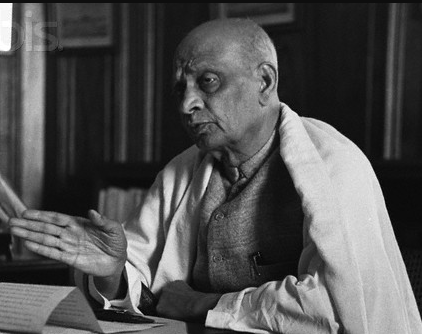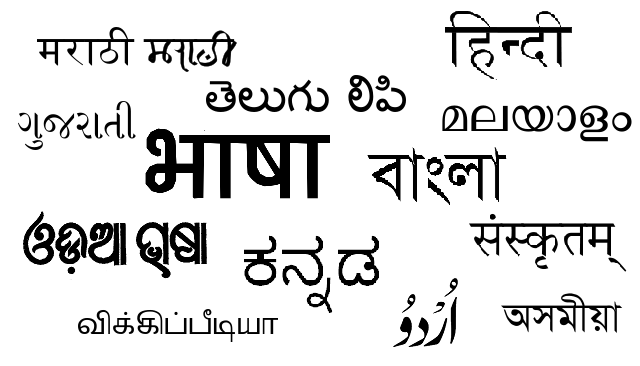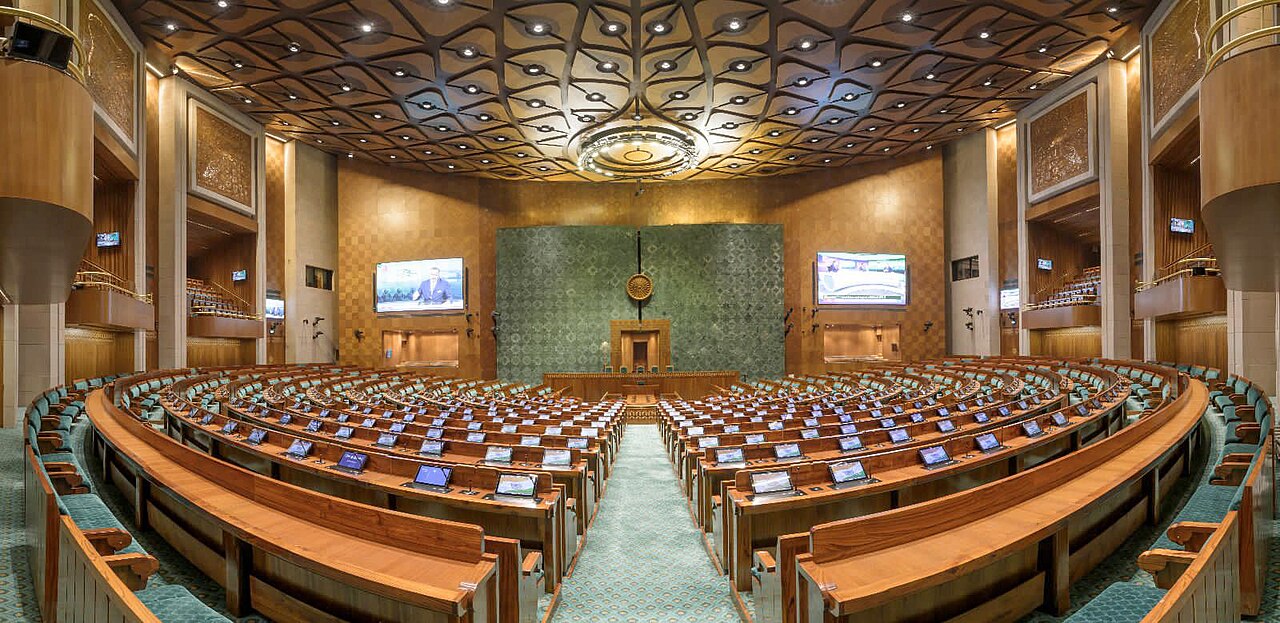Post Independence Consildation
Nehru Era (1947 – 1964)
Contribution of Jawaharlal Nehru to India’s Science and Technology Post-Independence Vision for a Scientific India: Nehru viewed science and technology as essential for India’s development and modernization. He advocated for a “scientific temper” as a guiding principle for national progress. … Continue reading
Role of Patel in the Integration of Indian States
Appointment and Responsibility – Patel was appointed as Deputy Prime Minister and Minister of Home Affairs in 1947, entrusting him with the task of unifying the princely states into the Indian Union. Diplomacy and Persuasion – With V.P. Menon, Patel … Continue reading
Linguistic Reorganisation of States
Background and Reasons Linguistic Demands: Post-independence, there was widespread demand for states based on linguistic lines to better represent local languages and cultures. Administrative Efficiency: It was also seen as a way to improve governance by aligning administrative boundaries with … Continue reading
Consolidation of Indian Union – Major States Consolidated
Travancore The de-facto ruler, C P Ramaswamy Aiyer, initially aimed for an independent Travancore. Travancore’s intention to join the Dominion of India was expressed through the signing of the Instrument of Accession by Maharaja Chithira Thirunal Balarama Varma. The princely … Continue reading
Prime Ministers in Post-Independent India
Jawaharlal Nehru (1947-64) Lal Bahadur Shastri (1964-66) Indira Gandhi (1966-77, 1980-84) Morarji Desai (1977-79) Charan Singh (1979-80) Rajiv Gandhi (1984-89) V P Singh (1989-90) Chandra Shekhar (1990-91) P V Narasimha Rao (1991-96) Atal Bihari Vajpayee (1996, 1998-2004) H D Deva … Continue reading




